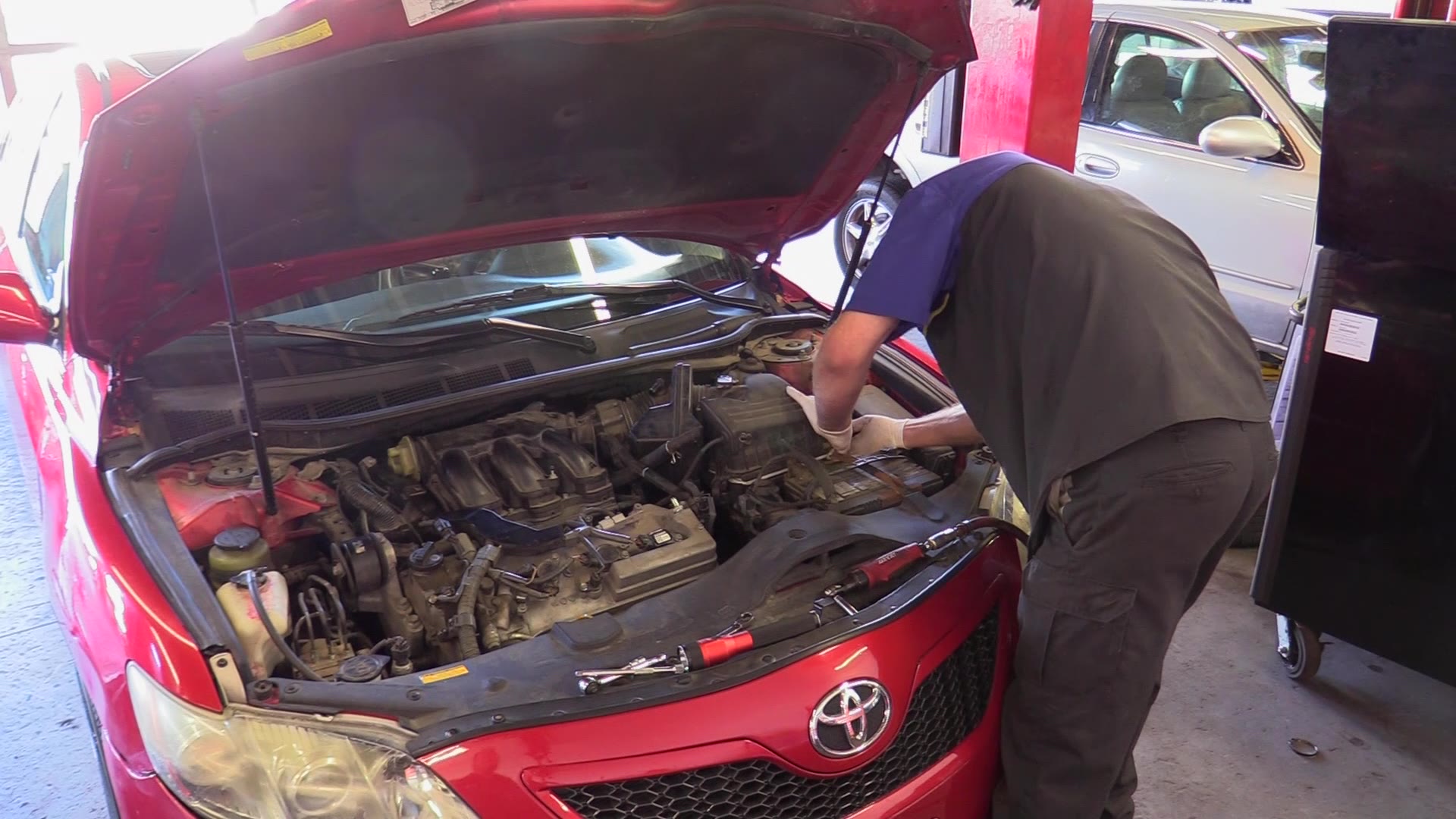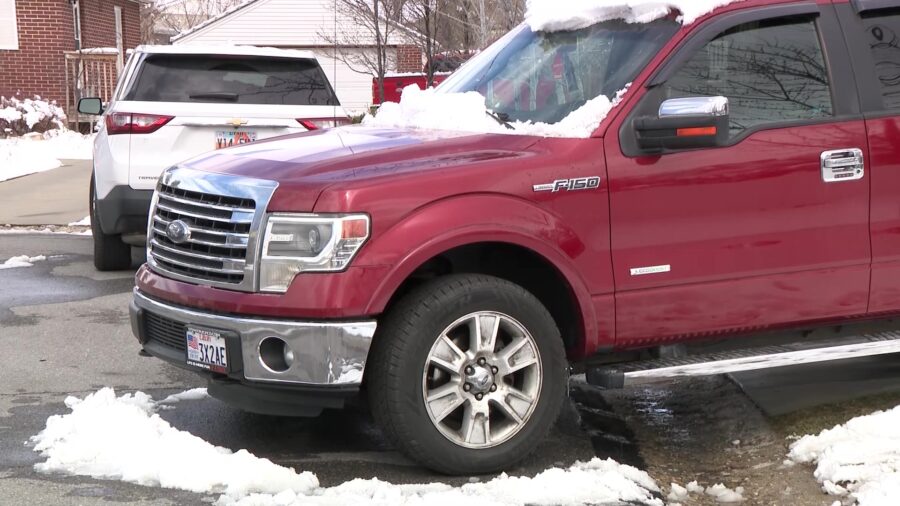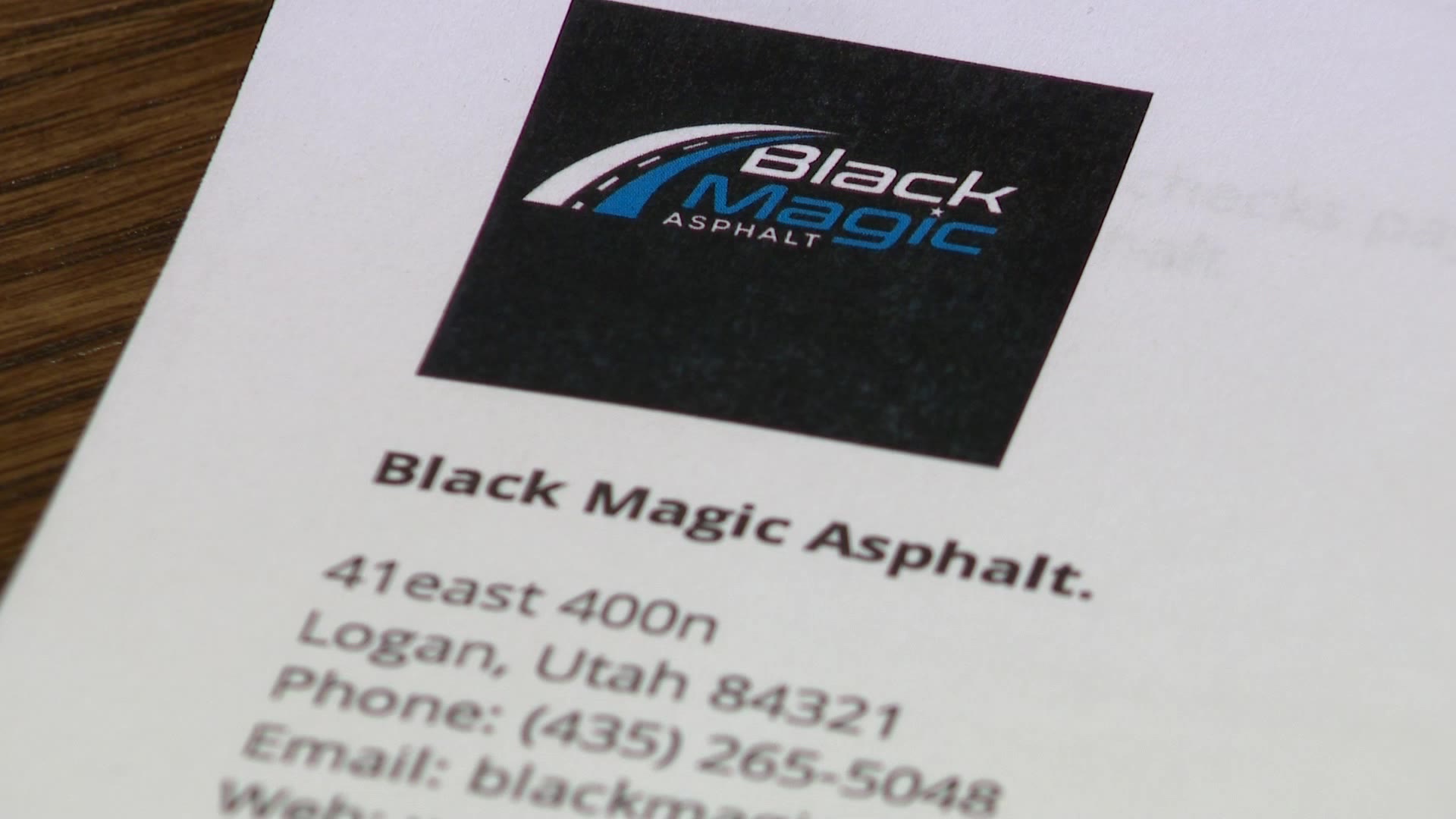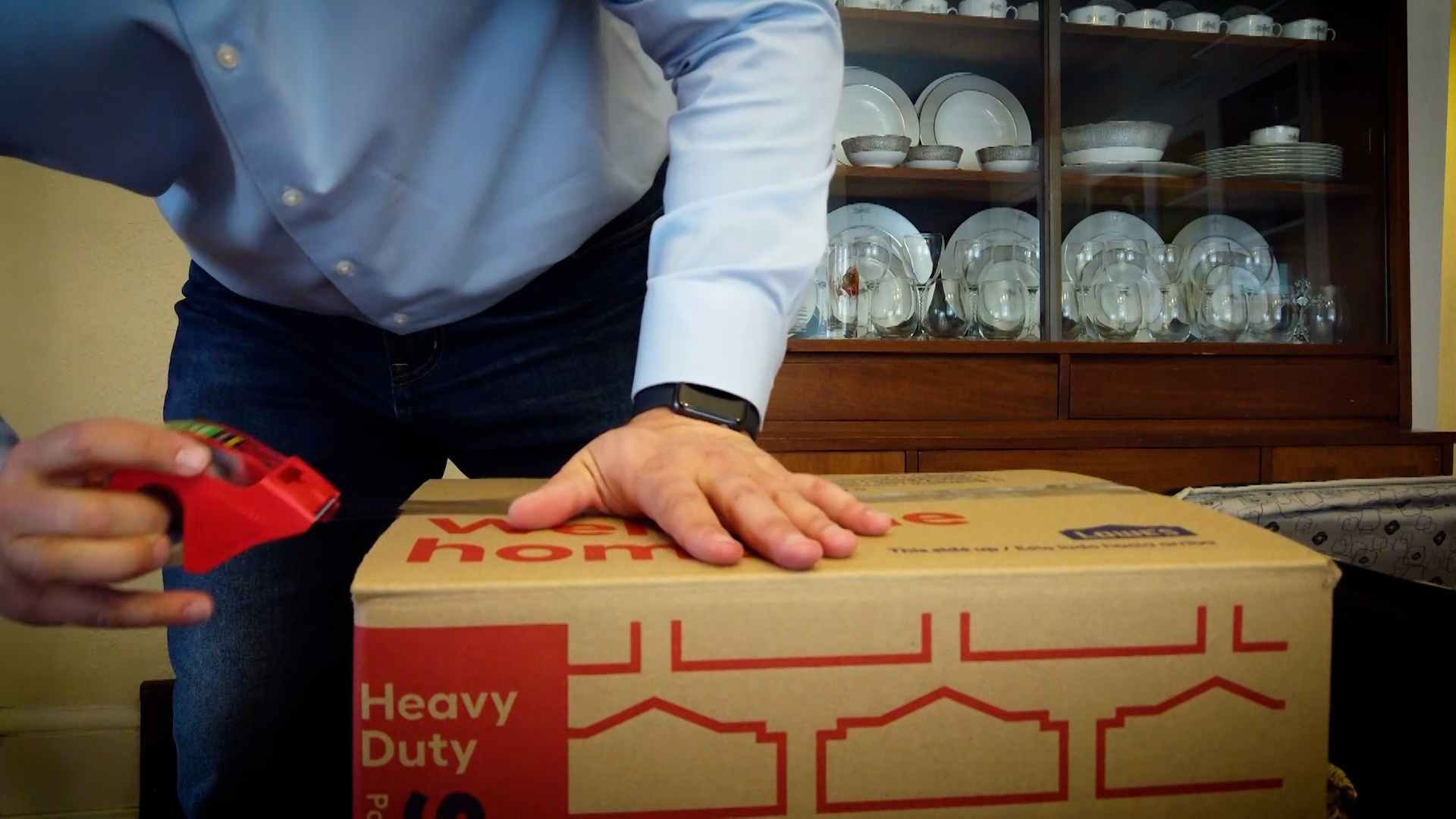Homeowner asks Gephardt: Who pays when water from a neighbor’s property causes damage?
Sep 13, 2023, 11:12 PM | Updated: Sep 20, 2023, 1:55 am
HERRIMAN, Utah — Last March, Andrew Berg’s new home in Herriman became a soggy mess, as water poured into his basement.
“There was about four inches of water coming in through one window well,” Berg recalled. “The window well, which is a good six feet tall, was about half full of water and then it was just gushing from underneath the bottom of the window.”
The flood left damage to the carpet, drywall, and doors in multiple rooms. Berg estimated it would cost thousands to repair. “It’s at least $10,000, potentially more,” he said, “and I’m just basing this off of costs when we finished our basement two years ago.”
The water intrusion didn’t originate on Berg’s property. According to a report from Herriman City, it cascaded in from the property under construction behind his home, which sits at a higher elevation.
“Their assessment was all the water came from this back lot, so all that water just funneled down,” Berg said.
Berg reached out to the owner of that property, Toll Brothers, a luxury home developer. He said Toll Brothers pointed the finger back at his own builder, Wright Homes, and the grading of his home.
Tired of the finger-pointing, Berg called KSL Investigators.
We took the question to attorney Doug Oviatt, who said here in Utah if water from a neighboring property damages your home, they probably aren’t liable the first time.
“Utah subscribes to the reasonable use theory, which holds that any landowner has the right to make reasonable use of their property, including to divert the natural flow or interrupt the natural flow of surface water on their property onto somebody else’s, as long as it was not intentional and unreasonable, or negligent or reckless,” Oviatt explained.
If the issue isn’t fixed and happens again, a judge might consider the damage caused intentional, and the neighbor may be more likely to be on the hook for the bill, Oviatt said.
“It’s not intent that necessarily you intend to do harm to your neighbor, but your act in changing the landscape is intentional,” said Oviatt, “and now you know it, and is that unreasonable?”
Digging deeper, KSL Investigators found that Herriman City’s code requires builders to control drainage with a sewer water pollution prevention plan, or SWPPP.
According to public records we obtained, Herriman issued three separate warnings to Toll Brothers for SWPPP violations in the development behind Berg’s home. Herriman spokesman Jonathan LaFollette said the SWPPP is designed to protect city infrastructure, not homeowners.
“This particular case would be a private, civil matter because it’s private property draining off onto private property,” LaFollette said. “That’s something the city typically steps away from.”
The KSL Investigators reached out to Toll Brothers, and their spokesperson replied by email, calling the Berg situation a “drainage issue, and its solution lies with their home and their builder.”
Berg’s builder, Wright Homes, pointed the finger back, saying the water came from Toll Brothers’ property after the grade was altered by construction.
In an email, their spokesperson said, “The Bergs have lived in their home for two years, and never experienced a flood event. Only recently was the property behind (the Berg’s) home improved with roads and the grade altered.”
As for Berg, he indicated he’s weighing legal options.
“I just want it to be prevented, so it doesn’t have to happen again,” he said, “and then just being repaired so I can go back to my life.”
Have you experienced something you think just isn’t right? The KSL Investigators want to help. Submit your tip at investigates@ksl.com or 385-707-6153 so we can get working for you.













